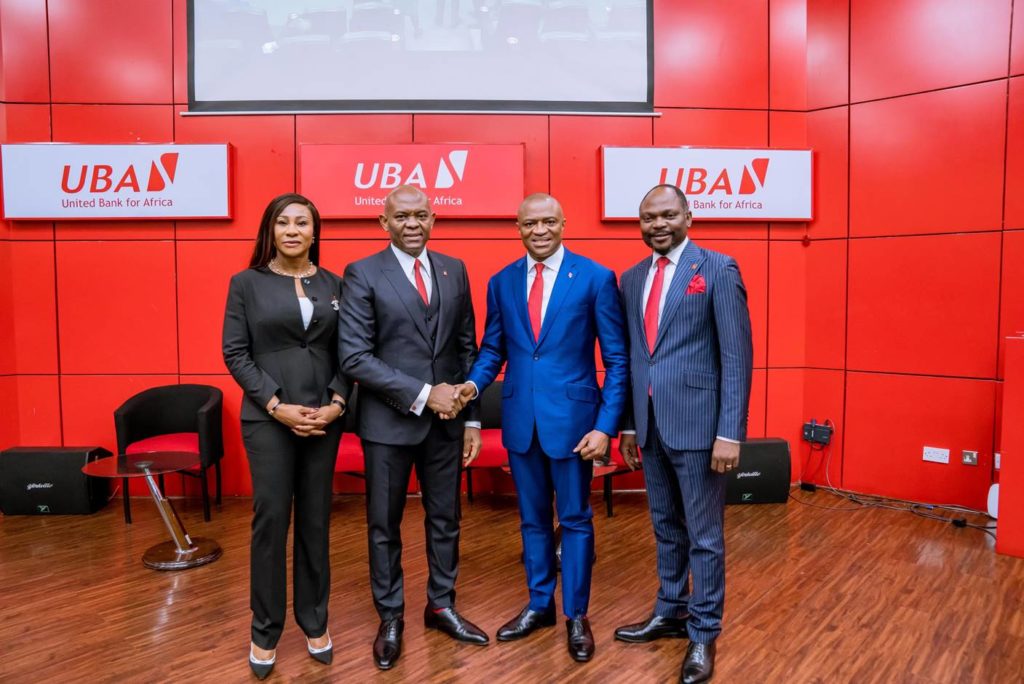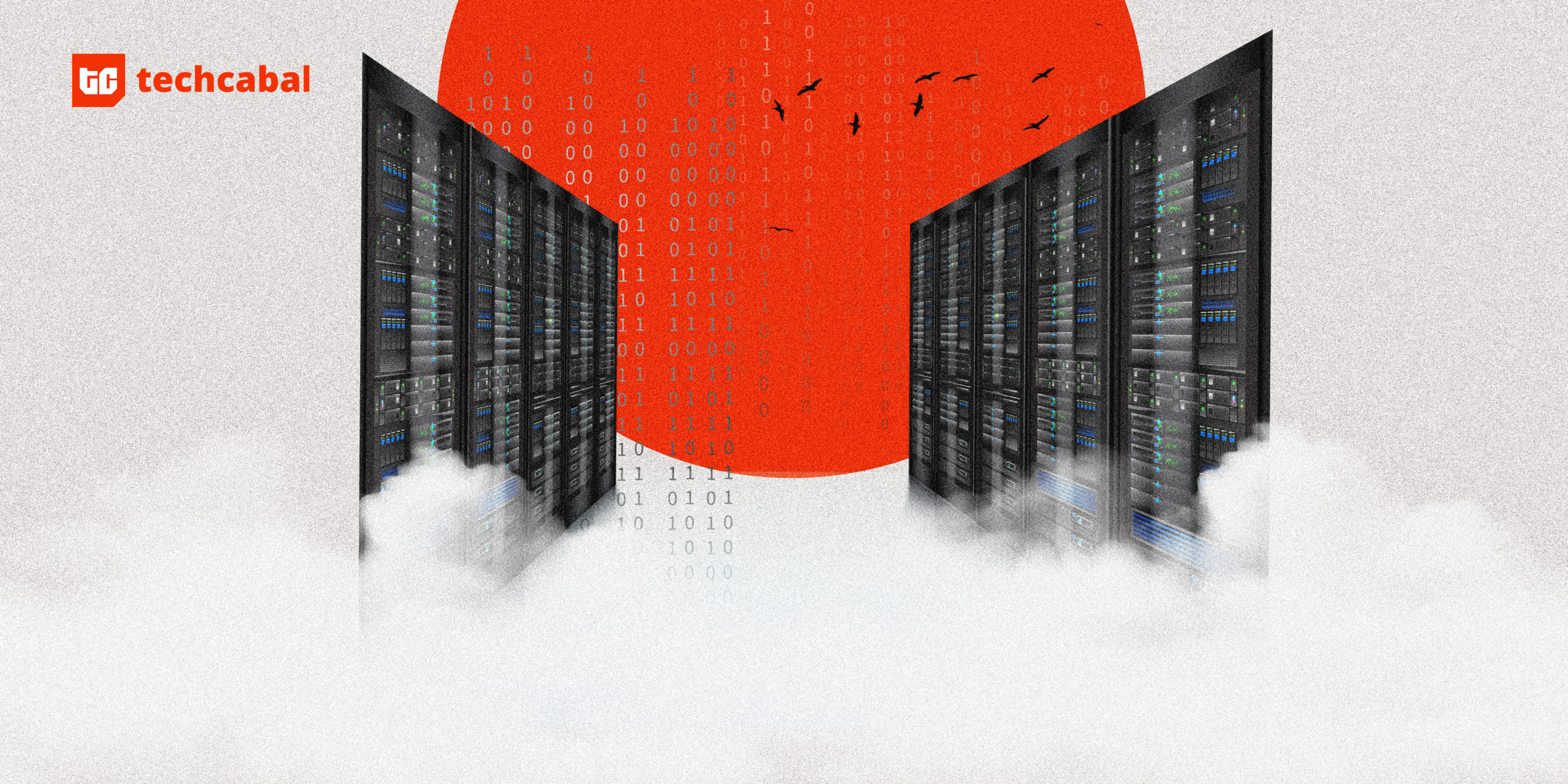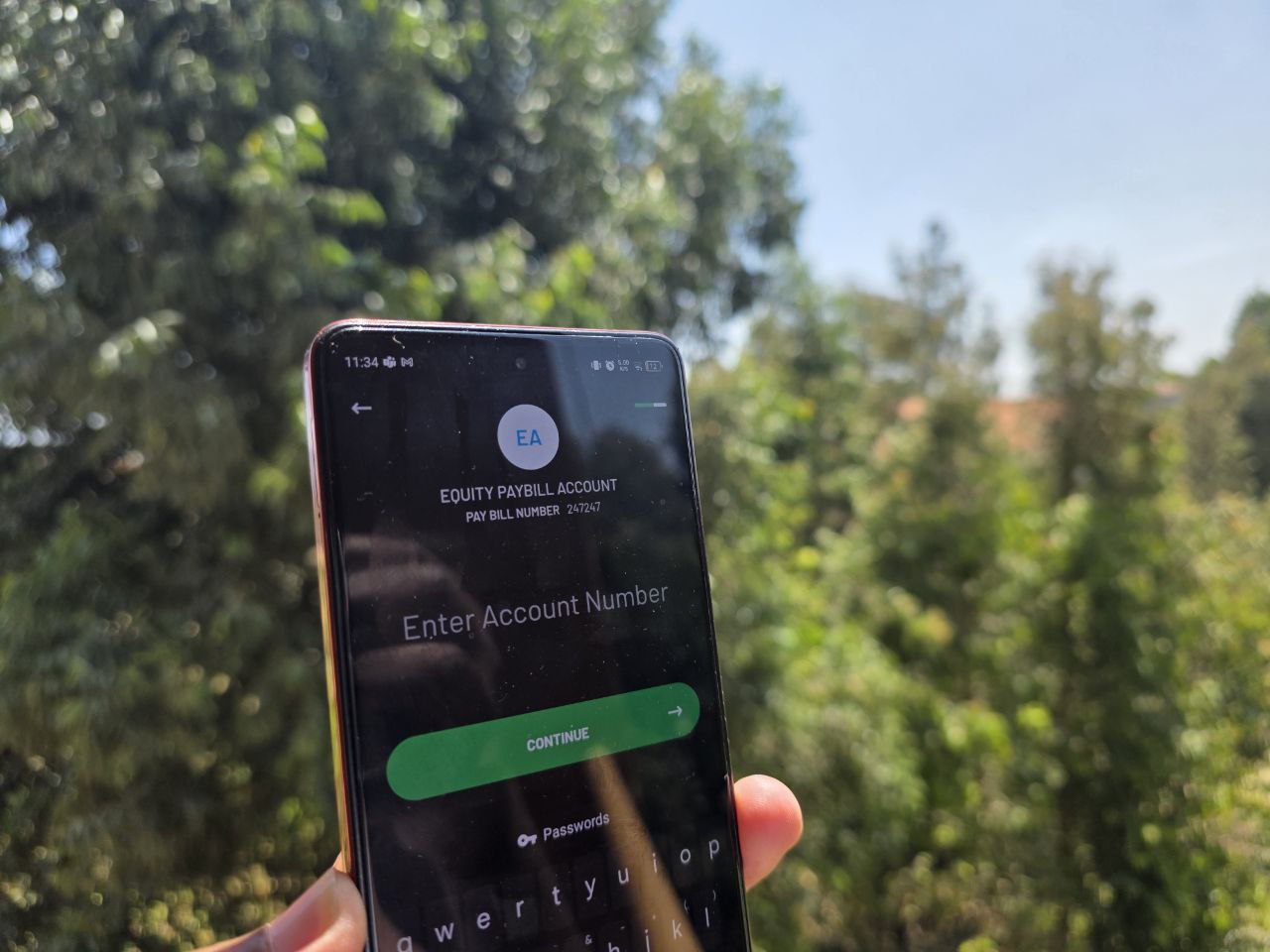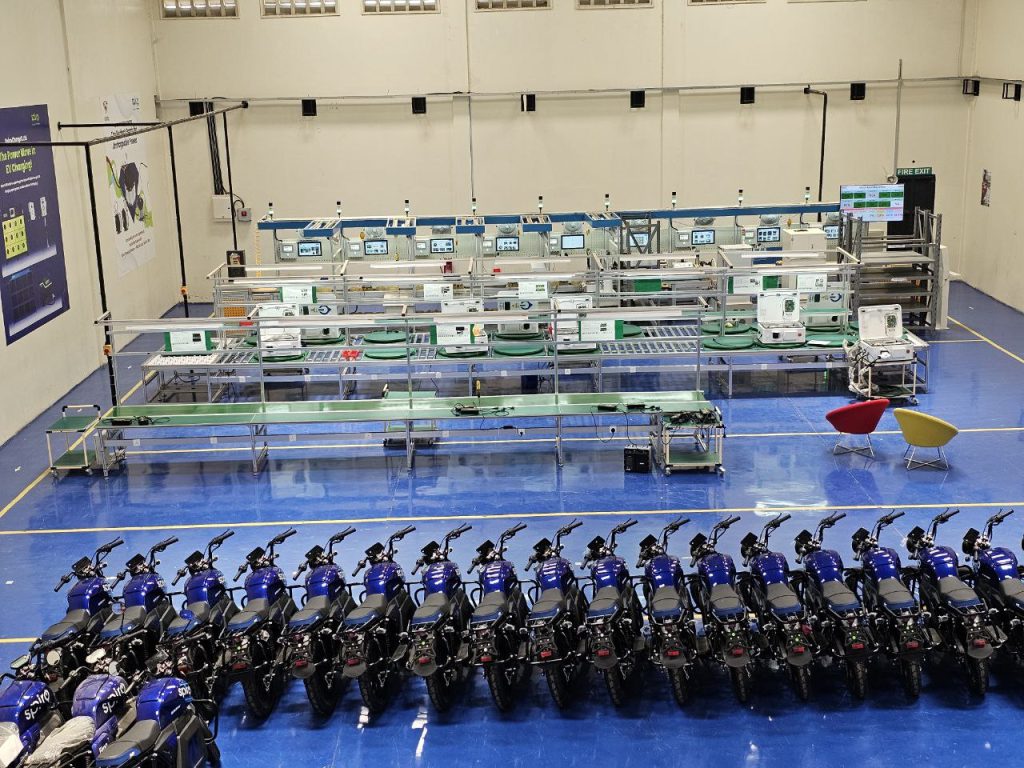Nigerian banks like UBA are keen to keep USD-denominated costs low; it is the perfect opportunity for Huawei to make inroads into banking.
An inside joke in Nigerian banking is that any Chief Information Officer (CIO) who wants to keep their job must immediately get on the phone with technology giant IBM. It’s an acknowledgment of how Nigeria’s biggest banks use IBM’s products for storage and how its reliability has kept many CIOs in their jobs. Yet, an increased drive to cut USD-denominated costs at these banks may mean that CIOs are now calling other companies.
A push to cut costs at top banks is letting Chinese enterprise company Huawei make inroads with its storage and cloud solutions. Huawei sold storage solutions to Zenith Bank, a tier-1 Nigerian bank, in 2023, TechCabal exclusively reported in March, and did business with Fidelity, First Bank, and Opay.
Its latest major deal is with United Bank of Africa, a commercial bank with a market capitalisation of ₦803 billion. Three people familiar with the matter said Huawei sold 200 petabytes of storage and cloud solutions to the United Bank for Africa (UBA) in a deal thought to be worth around $3 million.

Huawei declined to comment on any part of this story.
UBA did not immediately respond to a request for comments.
UBA has significant storage needs with over 30 million customers in retail and corporate banking, and as the bank’s existing capacity began to fill up, it was faced with the expensive prospect of expanding its storage, said two people familiar with the matter.
UBA has historically used IBM for storage and VMWare for virtualized technologies. However, Broadcom’s 2022 acquisition of VMWare led to an unexpected change. VMWare switched to a subscription model, almost tripling the licensing cost for users. It left banks searching for cheaper alternatives.
Huawei seized the opportunity and sold several servers and dedicated cloud hardware to the bank, offering discounts and lower pricing, two people said.
“They lure customers in with the option of a free-to-use one-year solution,” said one cloud engineer at another tier-1 bank, citing Huawei’s extended proof of concept that allowed banks to use specific solutions for free.
“No one else will offer you a one-year proof of concept,” another cloud engineer said.
It’s a shrewd bit of business for a company that bills itself as the one-stop shop for banks, telcos, and large organizations. The new storage allows UBA to migrate some workloads while using IBM and Huawei storage simultaneously.
While this is a massive deal for the Chinese company, its push to win over more business from the banks it already deals with, as it has done in telecoms, is facing security concerns. Three people at major banks said many banks have concerns about data security and privacy. These concerns mean that many banks will continue using IBM for some critical workloads for now.
Yet Huawei is here to stay. It is in talks with at least one other tier-1 bank to provide cloud storage services, two people with knowledge of the matter said. As always, the company’s playbook is deceptively simple: total domination.




















